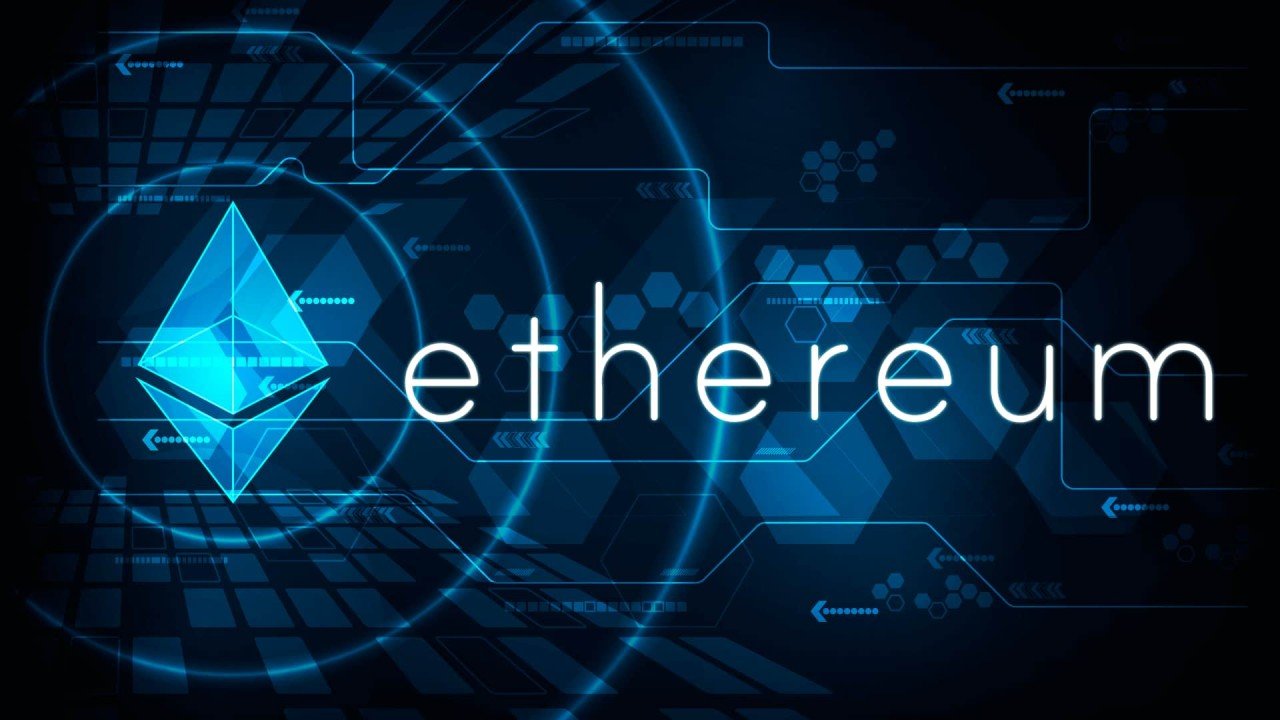BlackRock, the world’s largest asset manager, has made a significant move into the digital asset space by tokenizing shares in one of its money market funds. This groundbreaking step was facilitated by JPMorgan’s Ethereum-based Onyx blockchain and Tokenized Collateral Network (TCN), marking a pivotal moment in the fusion of traditional finance with blockchain technology.
Key Highlights:
- BlackRock has tokenized its money market fund shares, employing them as collateral in an over-the-counter derivatives deal with Barclays.
- The transaction was executed on JPMorgan’s Ethereum-based Onyx blockchain and Tokenized Collateral network (TCN), enhancing efficiency by enabling near-instantaneous transfers.
- This initiative represents a substantial step towards integrating blockchain technology within traditional financial systems, promising speedier transactions and increased capital efficiency.
- JPMorgan’s exploration into the tokenization of traditional financial assets began as early as 2015 with the launch of its blockchain program and Ethereum network fork, Quorum.
- The bank has aspirations to expand the use of TCN to include a wider array of assets, including equities and fixed income, as collateral in future transactions.
Delving into the Digital Future with Ethereum
The collaboration between BlackRock, JPMorgan, and Barclays showcases an evolving synergy between the established financial sector and emerging blockchain technologies. This venture not only highlights the practical applications of blockchain in improving operational efficiencies but also signals a growing acceptance of digital assets within mainstream finance.
By tokenizing money market fund shares, BlackRock has introduced a new dimension to the use of digital tokens in the financial industry. This not only streamlines the process of using such shares as collateral but also opens up new avenues for capital optimization and asset liquidity.
The successful execution of this tokenized transaction underscores the potential of blockchain technology to revolutionize traditional financial operations. By enabling faster, more cost-effective, and efficient transaction processes, blockchain stands to significantly reduce the operational friction typically associated with meeting margin calls and other financial settlements.
Forward-Looking Insights
This initiative is not just a milestone for BlackRock but a harbinger for the blockchain’s digital transformation. The move towards tokenization and blockchain adoption reflects a broader trend of digital innovation across the sector, promising more agile, transparent, and efficient financial processes.
What is Tokenization?
Tokenization involves digitally representing real-world assets on a blockchain. This technology can enhance the liquidity, accessibility, and transparency of traditionally less liquid assets. In the case of BUIDL, tokenization allows investors to more easily participate in markets typically limited to large-scale transactions.
How BUIDL Works
Qualified investors with significant assets will create a digital wallet and register with Securitize, a tokenization platform, to gain access to the fund. The initial investment minimum stands at $5 million. Investors acquire a token at a stable value of $1 and generate interest in the form of the token itself.
Industry Partnerships
BlackRock has partnered with prominent organizations to launch BUIDL:
- Securitize acts as the transfer agent and tokenization platform.
- BNY Mellon serves as the custodian of the fund’s assets.
- Crypto Market Leaders: Anchorage Digital Bank NA, BitGo, Coinbase, and Fireblocks are ecosystem participants.
As more institutions like JPMorgan and BlackRock explore the benefits of blockchain and digital assets, we can expect an acceleration in the convergence of traditional finance and digital technologies. This will likely spur further innovations, enhanced services, and new opportunities for investors and institutions alike.



























